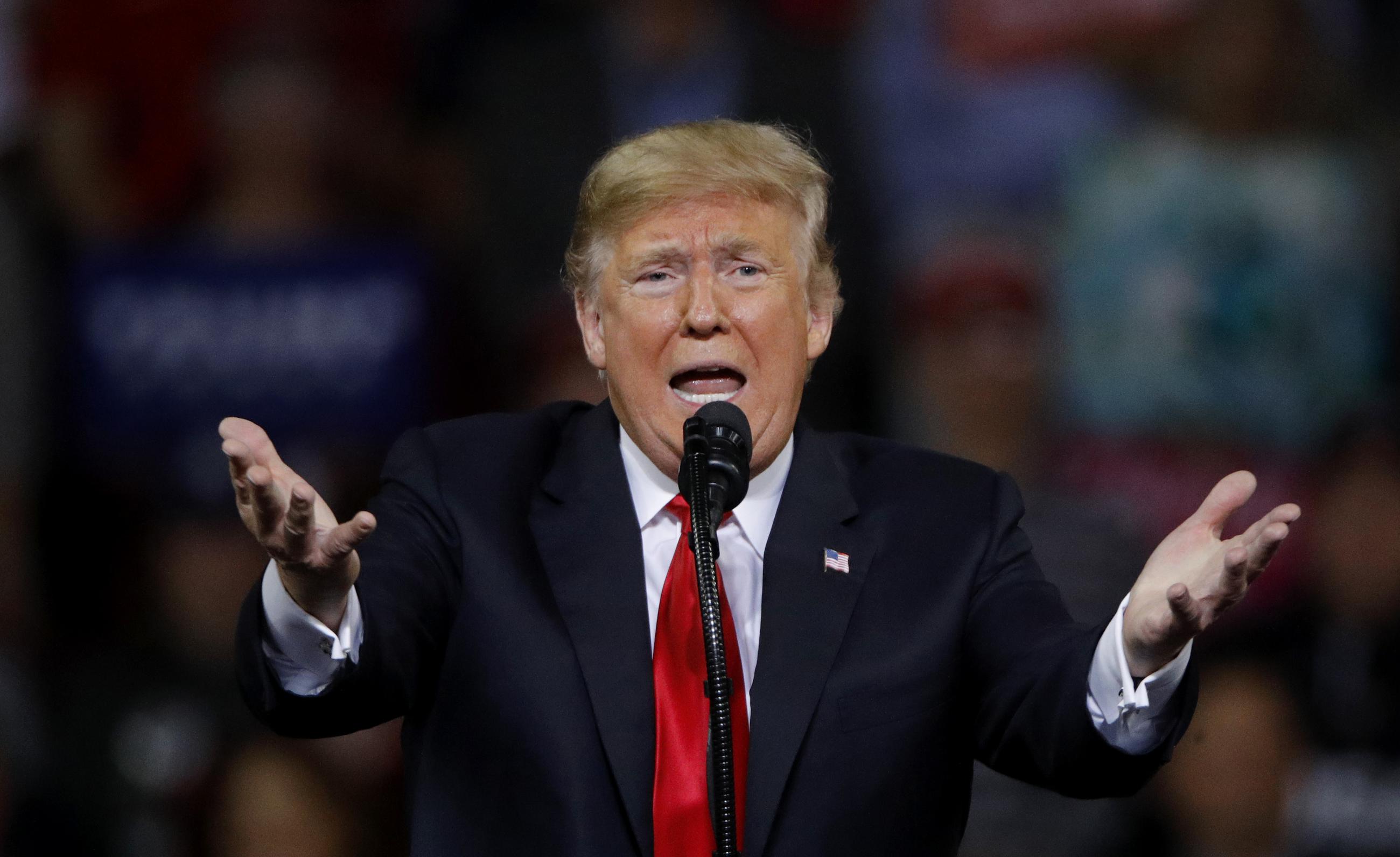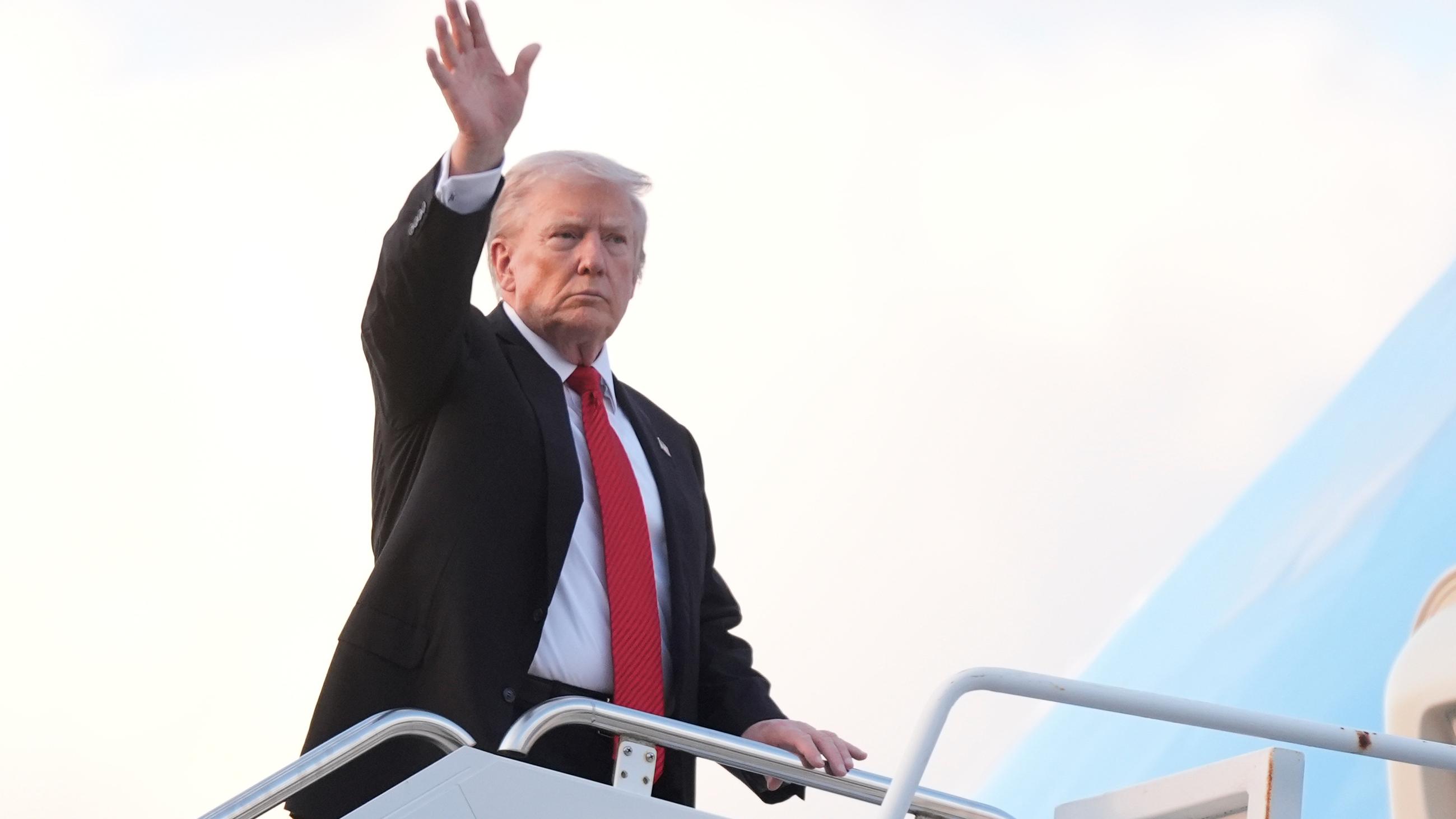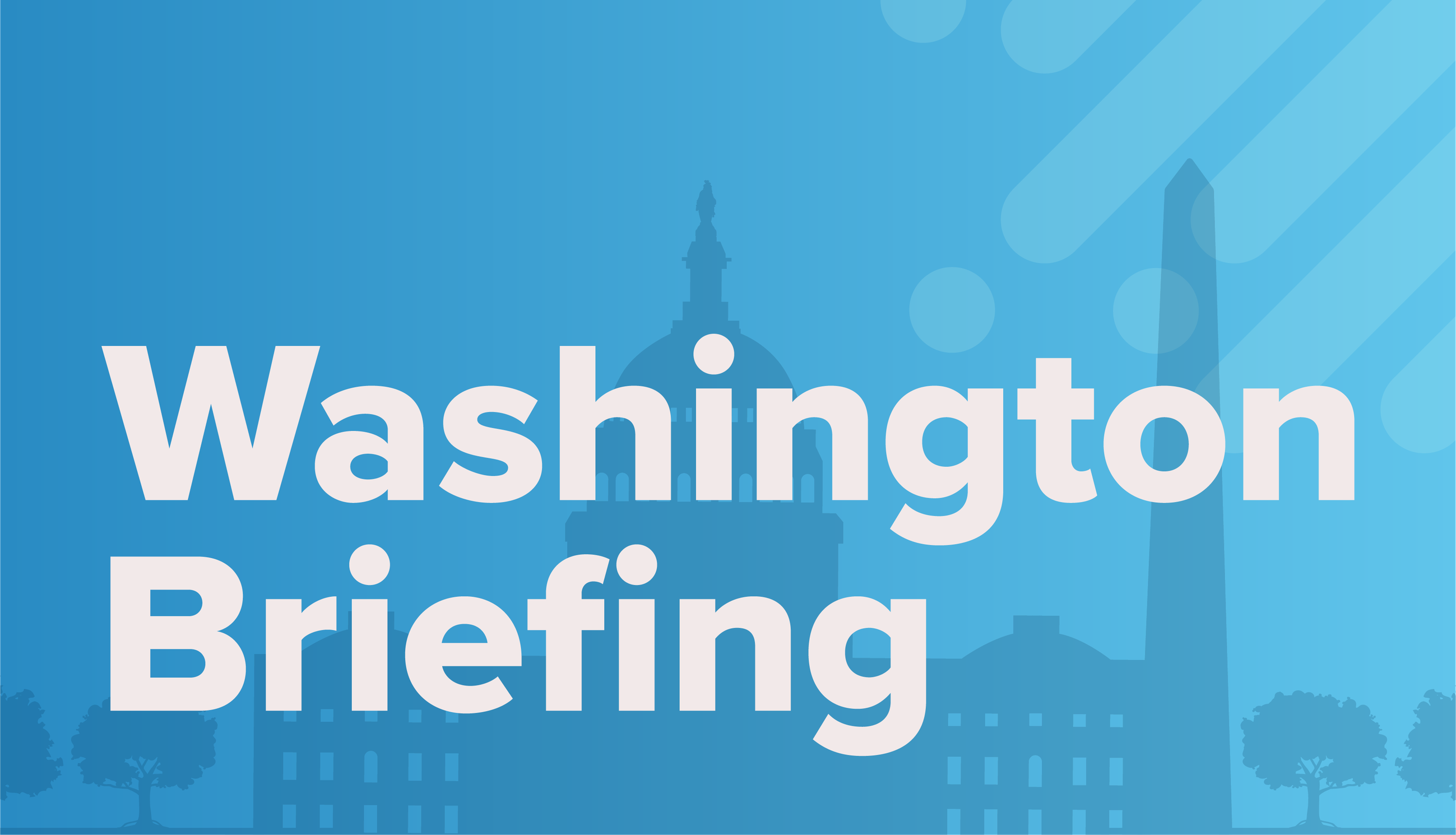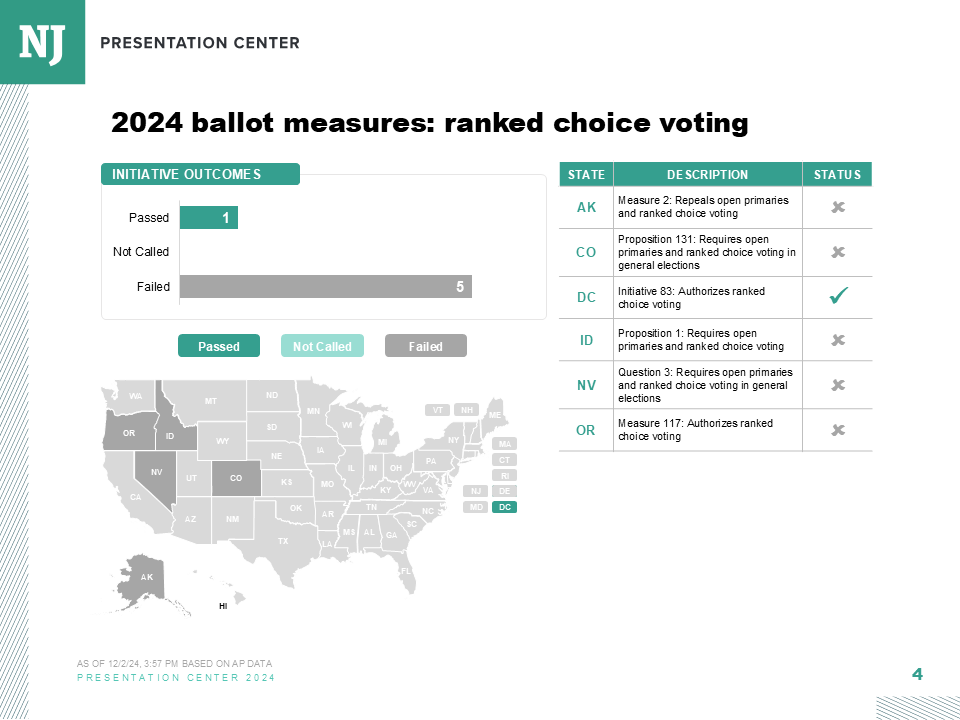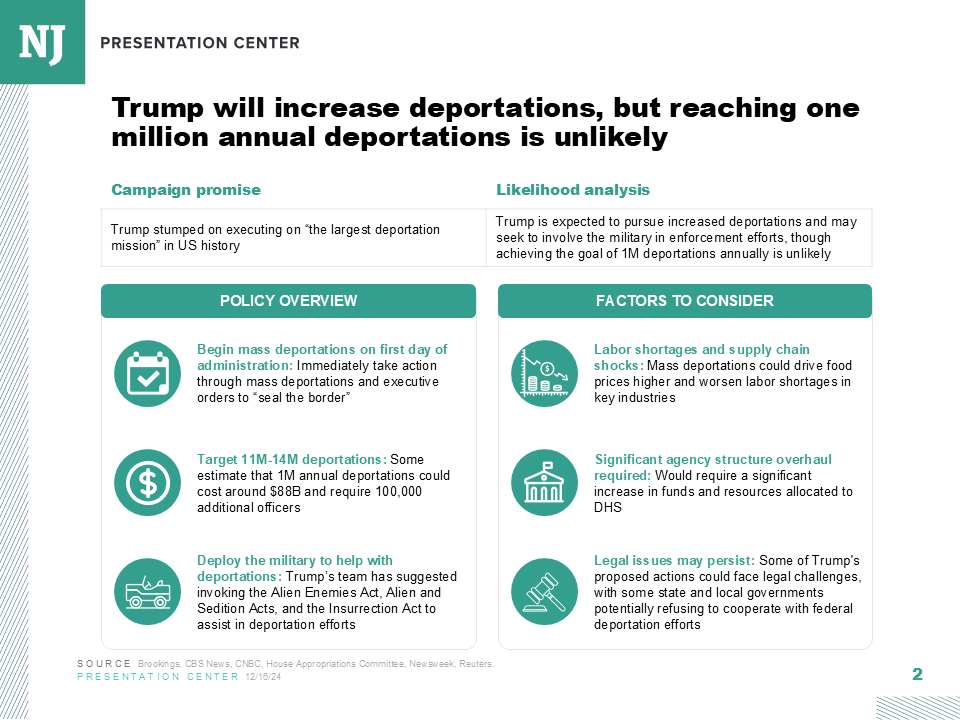Despite success in his own races, President Trump has struggled to elevate his fellow Republicans lower on the ballot—especially in the midterms.
Trump has hampered Republican performance in the midterms twice since he first entered the Oval Office, first as Republicans struggled to repeal the Affordable Care Act in 2018, and again in 2022 as the then-defeated former president feuded with Republicans who would not support his claims about the 2020 election results being fraudulent.
Trump’s base, largely consisting of low-propensity voters, tends not to turn out in elections when his name isn’t on the ballot. In 2022, Republicans blamed Trump for their midterm losses, noting that several candidates he endorsed lost winnable races in battleground states. From Blake Masters in Arizona, to Herschel Walker in Georgia, to Mehmet Oz in Pennsylvania, Trump could anoint them in the primaries, but they fell short in the general election as voters found them toxic.
The upcoming midterms, which will be the third with Trump at the top of the Republican Party, will show whether he’s learned from past mistakes. Even with unified control of government, Trump and his party will have their work cut out for them—the party in power historically loses an average of 28 seats in midterms.
But unlike the last few cycles, the Republican Party as a whole has shifted to more closely resemble Trump’s own style and priorities. The president is no longer inheriting a party infrastructure—he’s stocked all levels of the GOP with allies, from congressional leaders to the top leadership-aligned PACs to the state parties. And they’re all working in lockstep to pass Trump’s agenda and maintain Republican control of Congress.
“There’s more strategy now in this White House and less infighting,” said Ryan Williams, executive vice president at Targeted Victory.
This cycle is poised to be the culmination of Trump’s evolution from fringe candidate to GOP leader and kingmaker.
During his first term, the president was frequently stymied by members of his own Cabinet or other administration officials he had appointed. Even with unified Republican control of Congress during his first two years, he also regularly clashed with then-House Speaker Paul Ryan and then-Senate Majority Leader Mitch McConnell.
But now Trump has all his party’s congressional leaders behind him. House Speaker Mike Johnson owes his position to the president’s support, while Senate Majority Leader John Thune—who once felt free to criticize the president, especially for his efforts to cast doubt on the 2020 election results—has put those disagreements aside.
Almost every other Republican member of Congress who once spoke or acted in defiance of Trump has lost reelection or retired, including nine out of 10 House Republicans who voted to impeach him in 2021 and four out of seven who voted to convict him in the Senate. Most of the few remaining Republicans who have dared to distance themselves from Trump—such as Sens. Thom Tillis and Joni Ernst, and Reps. Chip Roy and Don Bacon—are on their way out.
Where Republicans like former Reps. Jaime Herrera Beutler and Liz Cheney once strove to present themselves as an alternative to the Trumpian brand, candidates now line up for the president’s stamp of approval: a coveted endorsement. In this Congress, 68 percent of House Republicans—150 members—took office after Trump was elected in 2016, while about a third of the Senate can say the same.
Trump has always been “equally as happy to go to war against Republicans” as against Democrats, GOP strategist Matthew Bartlett said. But now most—if not quite all—Republicans are on his side.
Rep. Thomas Massie of Kentucky, who opposed Trump’s landmark megabill this summer and has pushed for the administration to release files related to convicted sex offender Jeffrey Epstein, has caught Trump’s ire. In June, former Trump campaign manager Chris LaCivita and top pollster Tony Fabrizio launched Kentucky MAGA, a super PAC supporting challengers to Massie. In early October, Trump posted on social media that he had “found the person” to defeat Massie, endorsing former Navy SEAL Ed Gallrein.
Further north, Trump has set his sights on the governor of New Hampshire, Republican Kelly Ayotte, after she refused to gerrymander the state’s two congressional districts to boost the party. Trump is reportedly considering Homeland Security adviser Corey Lewandowski to challenge Ayotte.
Aside from these two challenges, Trump has stayed largely loyal to incumbents, a departure from his previous tendency to favor Trump-friendly challengers. Of course, now in most cases the incumbents are already Trump-friendly.
“There’s more discipline this time around with how the president weighs into primaries,” Williams said, “and there’s also less Republicans that are opposing him.”
In 2022, the president endorsed Mo Brooks for a Senate seat from Alabama, before withdrawing the endorsement after Brooks cast doubt on the president’s claims about the 2020 election. The same year, Trump also backed a primary challenger to Georgia Gov. Brian Kemp, whom he had pressured—unsuccessfully—to overturn the 2020 election results in his state.
In this cycle to date, Trump has endorsed 59 midterm candidates, all incumbents or candidates in open Republican fields, save for the challenge to Massie. At this point in the 2022 cycle, he had made 28 endorsements, while at this point in the 2018 cycle he had endorsed just two candidates. Trump will also make his first midterm fundraiser appearance next month at a golf tournament alongside Sen. Lindsey Graham.
The president’s discouragement works just as well as his encouragement; he discouraged Reps. Zach Nunn and Mike Lawler from running for governor of Iowa and New York, respectively, earlier this year.
Trump can also bring more than just an endorsement this time around. In past cycles, the prodigious fundraiser has been reluctant to share his hoard with downballot Republicans. He prioritized his own incipient 2020 campaign over the 2018 midterms, while in 2022 he preferred to save his cash for legal defense in the bevy of cases filed against him. But this time, without any impending legal cases or future reelection campaigns, Trump can deploy his fundraising war chest to aid downballot Republicans.
Trump’s super PAC, MAGA Inc., has raised $176.9 million since January, according to Federal Election Commission filings. Small-dollar split donations—many of them split between Trump and downballot candidates—have nearly doubled among GOP candidates since the 2022 midterm cycle, according to WinRed.
That money will go to touting Trump’s signature megabill, which he signed in July. Similar to the way he sold the Tax Cuts and Jobs Act in 2018, he will need to sell the newly rebranded “Working Family Tax Cut” in 2026.
The megabill touches everything from tax policy to Medicaid cuts to the leasing of public lands, but veteran GOP strategist Bob Salera said the administration has focused on the immigration and public-safety impacts of the bill—two top issues for Republicans in 2024.
“He’s doing a much better job of communicating what it is that his administration is doing,” Salera said.
But the law has not proved popular. A Pew Research survey in August showed 46 percent of respondents disapproving of the mega-law, with 32 percent approving and 23 percent saying they were unsure.
“Usually, what you want to do is have somebody come in and tout a legislative success that people actually like, and remind people who delivered it and have that go with the party,” GOP strategist Liz Mair said.

